Blandina Dimande – The lady ofthe bowed viola

We don’t choose our literary path. It’s what takes us to the hostels – a term almost in disuse – of this life marked by imponderable acts and scenes.
The name already suggested the path to the stage – Blandina. A childhood spent listening to her father in his friends’ band helped to nourish her spirit. She spent three years at the EscolaNacional de Música (National Music School), before joiningXiquitsi and becoming the lady of thebowed viola. Now she’s in her third year at the Conservatorio Superior de Canarias (Superior Conservatory of Canarias) – Spain, and at the same time she’s playing in orchestras on the world’s biggest stages. Her future lies in returning to Mozambique and teaching what she has been learning.
Adversiting
Your name has an artistic ring to it. Where does it come from?
The name has an artistic feel to it and it also has a touch of personality. It fits me and is in harmony with my personality. The name itself has a meaning, which is lovely, sympathetic and empathetic. The name comes from Latin.
How did you get into music?
I’d see my dad at my house with his friends rehearsing, singing. My father promised to take me to the national music school, not to be a musician, but to have a hobby, to have an extracurricular activity.
I liked listening to music with my father, our time together was singing and singing, it was music. He put me into music school when I was 10.
And what was that first moment like?
I started to look at music in a different way, a much deeper way, my father was always that typical father, he looks at the future in the long term, so he started talking about how if you keep going like this you could win a scholarship at the music school, to study music outside of Mozambique.
And how did you define your career instrument?
My instrument was defined in 2018-2019. What happened was that I joined the Xiquitsi project. Classical music was never my vibe, so I decided to give it a try because I wanted to play the violin. When I was admitted, they put me on the viola. I didn’t even know the instrument. But it was love at first sight.
Are you already starting to reap the rewards?
In August, I took part in the World Orchestra Festival that took place in the United States in New York on one of the best stages in the world. I was there with the African Youth Orchestra. It’s an organisation that was set up this year for this purpose too. It was the first time an African orchestra had been on that stage. We were representing Africa, I represented Mozambique, I was with a Mozambican colleague, we were the first Mozambicans to set foot on that stage, we represented our country and continent. I should also add that, before the premiere in New York, we premiered in Pretoria a week earlier.
How can we make our way towards popularising classical music?
Looking at my own experience, classical music is seen as an elitist music.
The fusion of classical instruments or a classical orchestra and other popular musical genres, in the case of southern marrabenta, can attract audiences. Calling the public to see Neyma or Stewart with the Xiquitsi orchestra can teach people to listen to classical music.
What do you have in mind for your future?
I’m finishing my degree. And I’m thinking of doing two master’s degrees, I’m in my third year now. A master’s degree in Interpretation or Performance, another in Instrumental Pedagogy, so I intend to acquire this knowledge so that I can contribute to Mozambique, so that our music teaching doesn’t suffer from a lack of professionals not only with practical experience, but also theoretical experience.
Edição 85 NOV/DEZ| Download.
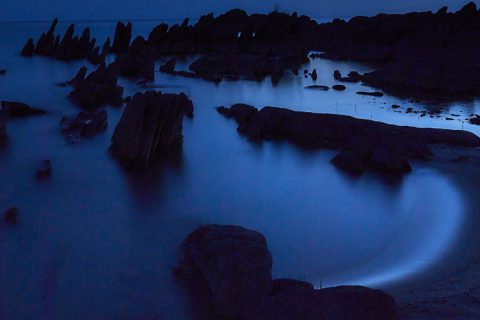
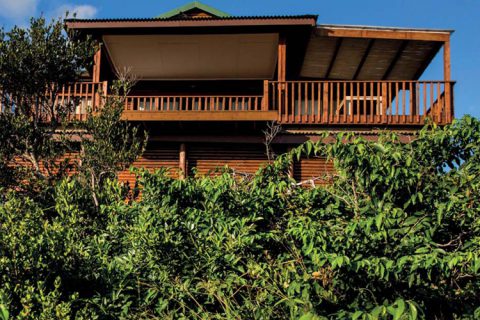


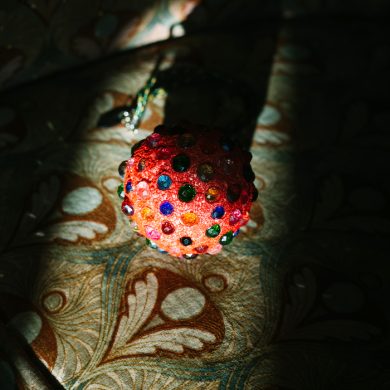
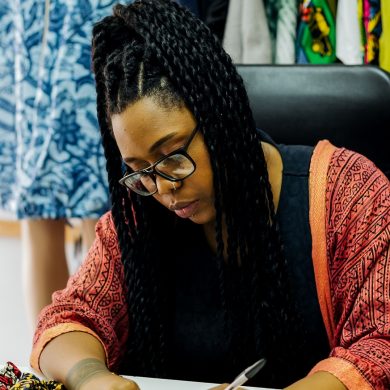
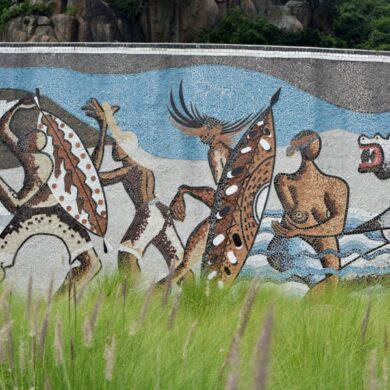
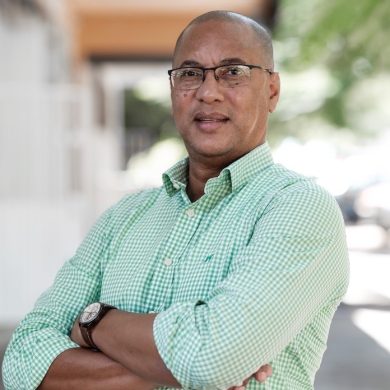
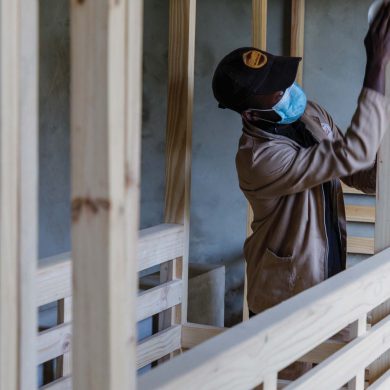
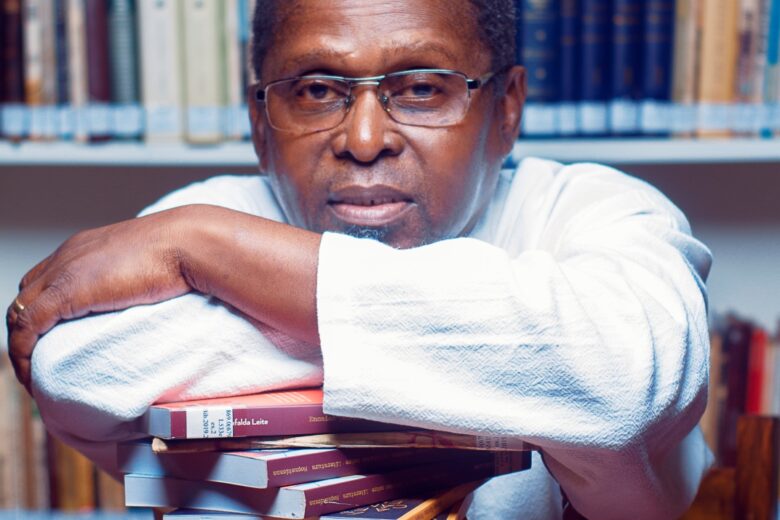
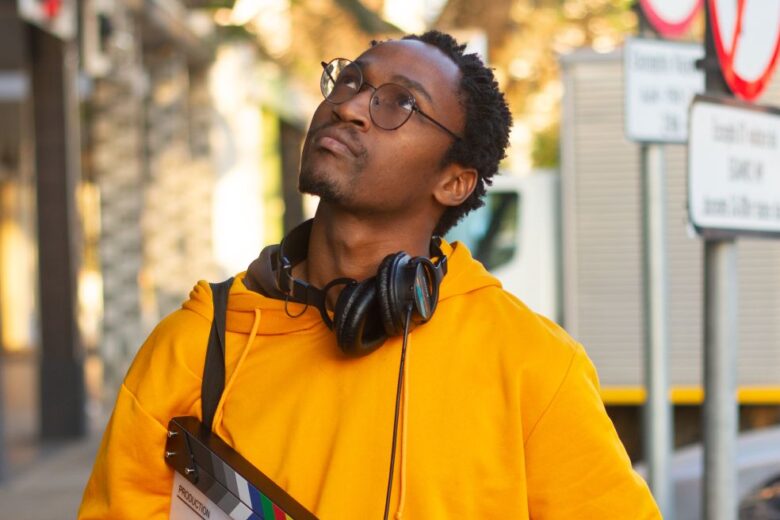
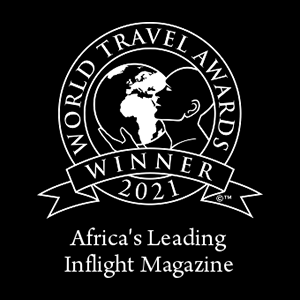









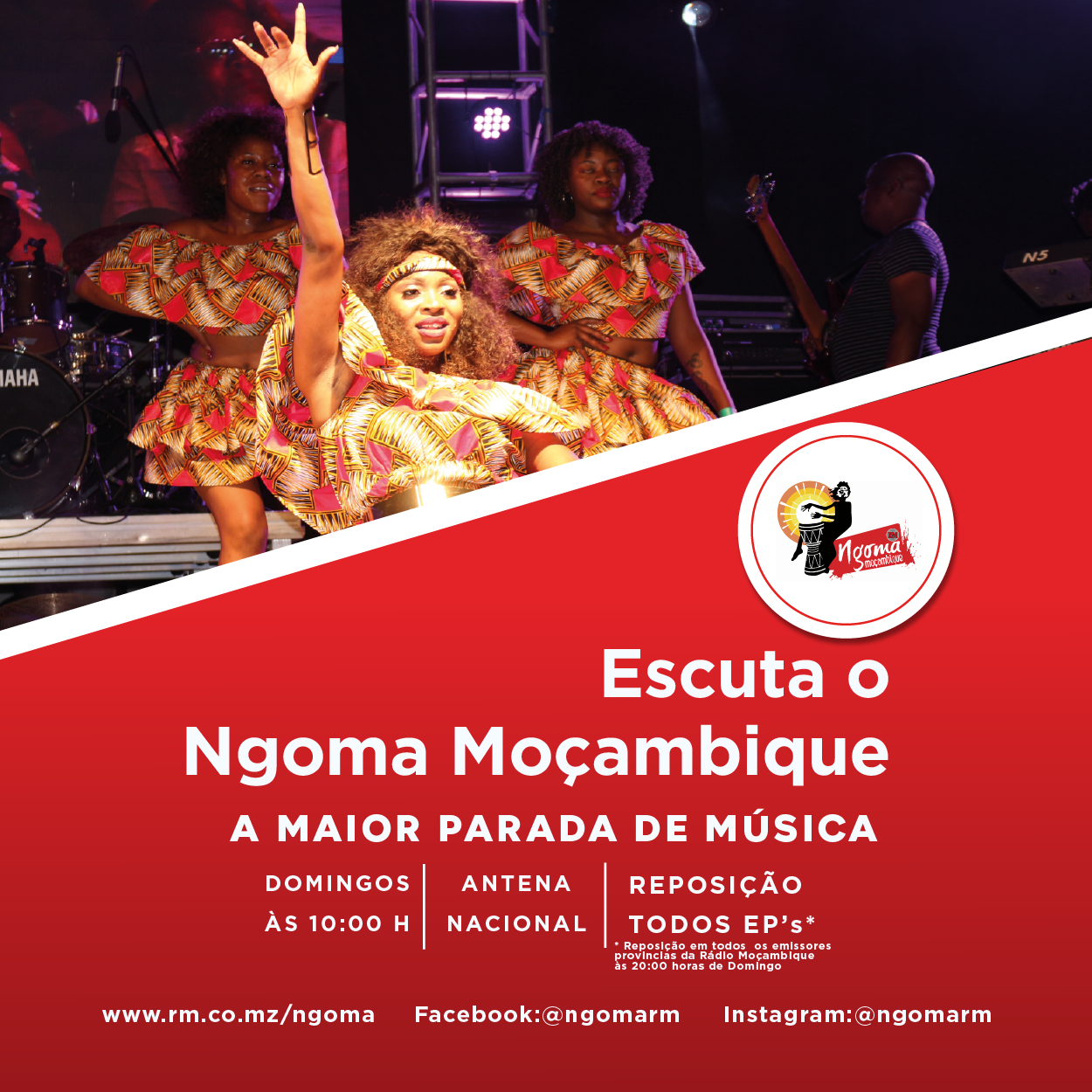






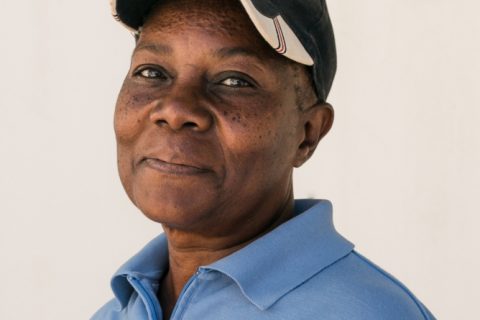
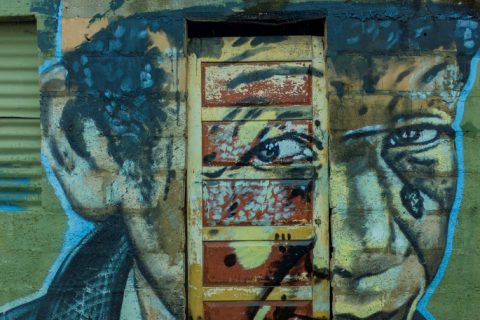
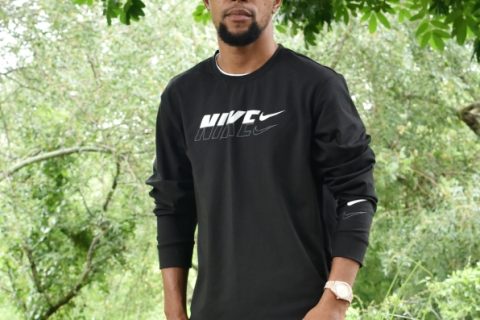
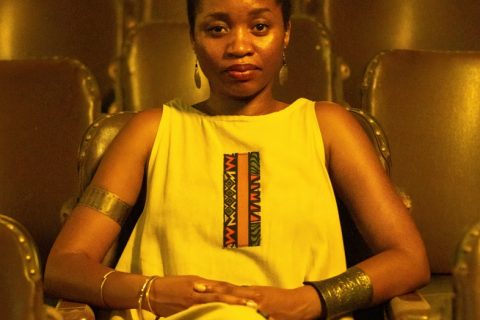
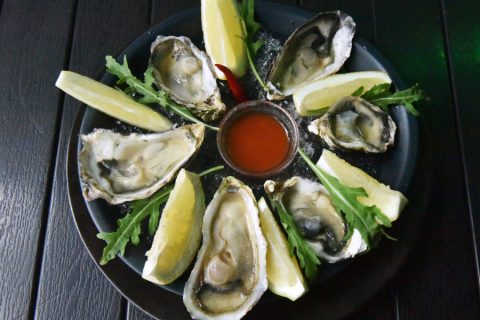
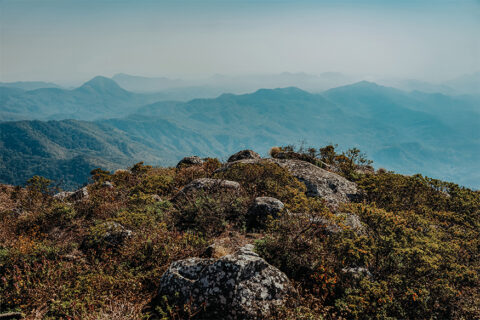

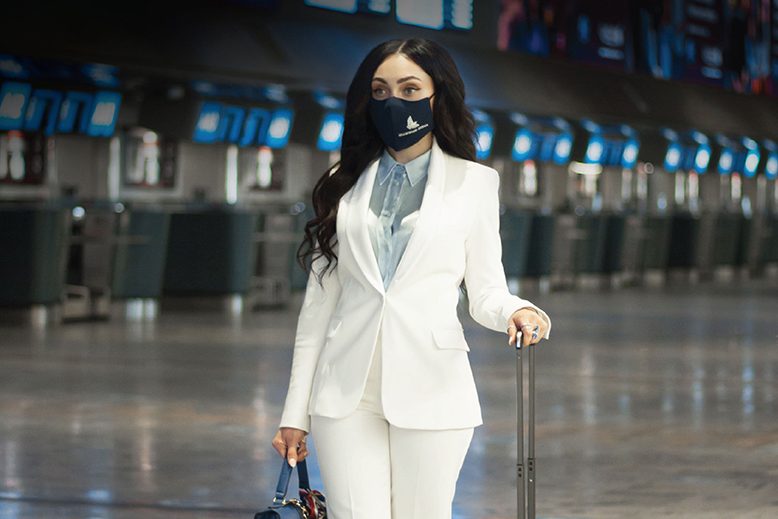
0 Comments